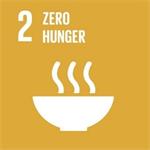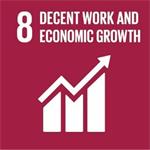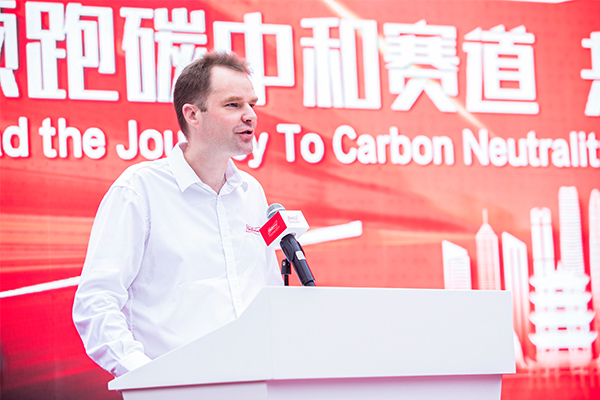






·We are committed to integrating biodiversity into the modernization of the beer industry. 100% of our direct farmers are connected.
·In India, We regularly collaborate with the Indian Institute of Wheat and Barley Research (IIWBR) and the National Skill Foundation of India (NSFI) to further educate our farmers and ensure optimal barley growing conditions. In addition, our Field Officers met with each farmer at least five times per year (totaling more than 4,500 visits). By using technologies such as FOSS, we can guarantee that the barley purchased from our farmers meets our quality requirements.



We will continue digitalizing the supply chain to connect with our direct farmers and developing trainings to instil sustainable farming practices. This will help to support their financial empowerment – a long-term goal of ours. We will amplify our efforts placed on local sourcing and.developmental programs assisting farmers in growing their businesses and accessing the financial tools they need. We will increase the coverage of our soil testing program to maximize the potential of our farmers, support a healthy ecosystem and, ultimately, promote biodiversity.